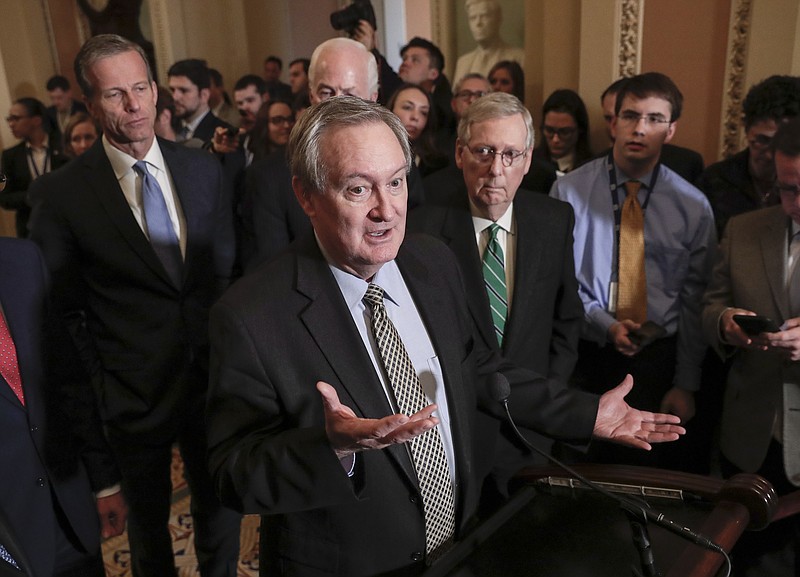WASHINGTON (AP) - Buried within new Senate legislation to roll back restraints on banks is a provision that would exempt an estimated 85 percent of all U.S. banks and credit unions from public reporting requirements, raising fears discriminatory practices by lenders could go undetected.
The data that would be exempt from reporting includes the financial information of borrowers and loan applicants, along with their race and sex.
Some Democratic lawmakers, community activists and low-income-housing advocates say removing the spotlight on mortgage disclosures could allow lenders to escape notice when unfairly denying loans or charging excessive interest.
The overall bill would alter key elements of the Dodd-Frank law enacted to prevent a repeat of the financial crisis 10 years ago that brought the U.S. economy to the brink of collapse.
A vote is expected this week.

